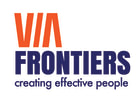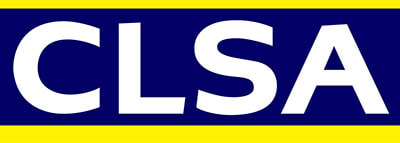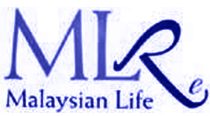|
We were having friends over for dinner again. The lovely aroma of food and sound of the wok clanging was like a cacophony of sounds I was used to. Mum was the ultimate entertainer. She loved to cook and did it effortlessly. It was very usual for our family to have friends and family over for meals. As a child I looked forward to hearing that my favourite cousins were invited for a sleepover. It was our little reward that Dad afforded us. The deal was that we had to complete our homework for the week, before they arrived on the weekend. That was Dad’s strict rule. Work then play. Accomplish what you set out to do then have fun loaded at 100% with no worries in the back of your mind. He was reinforcing behaviours that he wanted. As a business owner today who is focused on creating effective people, I understand now, the lessons Dad grounded us in.
I was about 12 years old when I realised Mum was usually slaving away in the kitchen to achieve her target of ten or so dishes for our dinner guests. One day I said to her “Mum why don't you cook less dishes so you have a bit more time to yourself?” She replied “This is me. It’s nice to have a variety for our guests” Many years later when I entertained I did the exact same thing. I would have friends over for dinner and I would cook a variety of dishes just like Mum. When I realised I had modelled my mother, I laughed . Replicating talent via accelerated learning bypassing the conscious filters, I had taken on her behaviour programs. Modelling not on the catwalk, I was replicating talent of my mum in cooking and entertaining. There were so many other skills that I had unconsciously learnt from her without being aware of what they were. I had observed and emulated how she did things without knowing I was doing it. Today I know that the process of modelling high performers has been coded and the structure of replicating talent well documented in the field of NLP. By observation and doing what we see, hear and feel we have the ability to use accelerated learning to create winning mindsets. How high performers think, take action and create excellence! Many years ago I had the privilege of attending John Grinder’s modelling high performers program where we attempted to model an opera singer, a drummer, a dancer and a martial artist over 5 days. It was a fascinating experience as Grinder asked us to follow movements of the models. We imagined ourselves inside their bodies. I enjoyed drumming most. There were 2 drums for participants plus the drum master’s. The drum master went as fast as we could keep up. We closed our eyes, felt the rhythm of the music and reverberating of the drums. The lady who was drumming with me kept pace while the drum master took us into an amazing sequence. Grinder watched and many participants heard the drumming so we drew a rather large crowd around us. It was a thoroughly enjoyable experience as neither one of us had learnt music formally. We intuitively allowed ourselves to flow with the music. You might be saying now “but that’s different to modelling a leader in an organization” Well to be honest it’s no different. Once we elicit the internal makeup of the individual – the values, beliefs, language, philosophies, we wear the model’s persona. The same way actors prepare for their roles in upcoming movies. If you are a decision maker reading this set yourself an objective to create a culture of modelling high performers in the organization. An accelerated learning culture is one where people learn from feedback and indulge in more empowering activities. Create effective people with winning mindsets and create a culture of positive reinforcement where people are rewarded for the behaviour that you want. Like dolphins that are fed fish when they do a jump, feed a fish to your people who are open to replicating talent of others. This is an amazing way to design culture change as it is grown organically. Exactly like the organisational unit, I know now that Mum and Dad aligned human capital in our family. Each of us siblings, were shown our strengths and transferring skills from them to us happened organically. They helped us in achieving results and gaining higher productivity by opening our minds to accepting change. Today I am a catalyst for change in organisations. What role do you play in your organisation?
0 Comments
Your comment will be posted after it is approved.
Leave a Reply. |
SYLVIA FERNANDES
Sylvia is a qualified Neuro Linguistic Programming (NLP) Master Trainer. She started her business in Sydney and is now based in Singapore. Archives
December 2024
Categories |

 RSS Feed
RSS Feed









